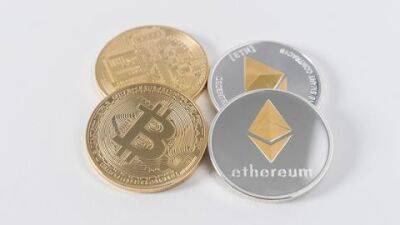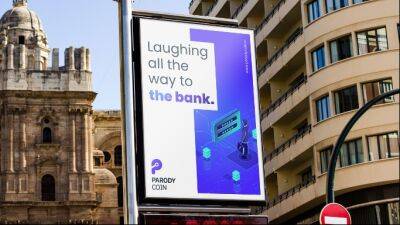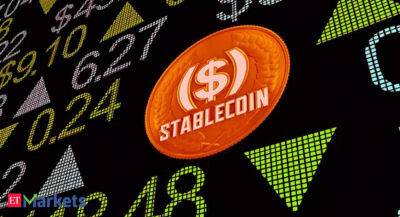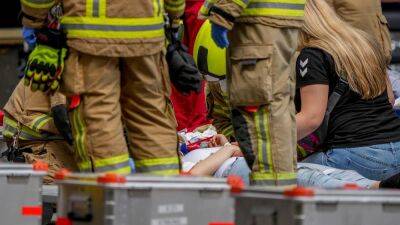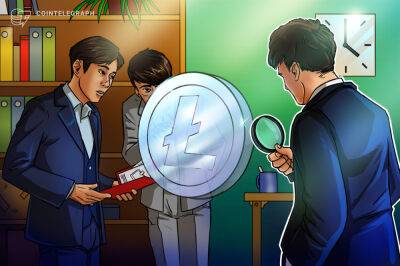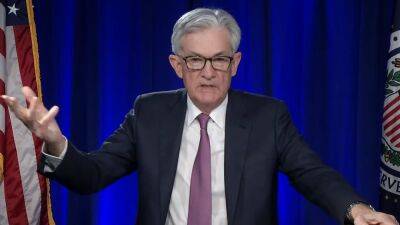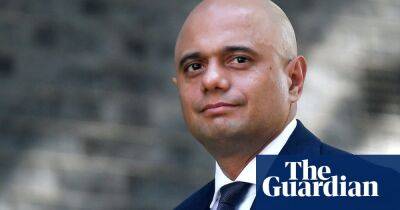Sri Lanka is the first domino to fall in the face of a global debt crisis
The departure of Sri Lanka’s prime minister, Mahinda Rajapaksa, follows weeks of protest and a deepening crisis. There is no bankruptcy system for states but if there was then the south Asian country – down to its last $50m (£40m) of reserves – would be first in line to use it.
A team from the International Monetary Fund (IMF) this week started work with officials in Colombo over a bailout that will include a tough package of reforms as well as financial support. But as the IMF and its sister organisation, the World Bank, know full well, this is about more than the mismanagement of an individual country. They fear Sri Lanka is the canary in the coalmine.
Across the world, low- and middle-income countries are struggling with a three-pronged crisis: the pandemic, the rising cost of their debt, and the increase in food and fuel prices caused by Russia’s invasion of neighbouring Ukraine.
David Malpass, the World Bank’s president, explained his concerns at the organisation’s spring meeting last month. “I’m deeply concerned about developing countries,” Malpass said. “They are facing sudden price increases for energy, fertiliser and food, and the likelihood of interest rate increases. Each one hits them hard.”
The UN has sought to quantify the problem. Its trade and development arm – UNCTAD – said in a recent report that there were 107 countries facing at least one of three shocks: rising food prices, rising energy prices or tighter financial conditions. All three shocks were being faced by 69 countries – 25 in Africa, 25 in Asia and the Pacific, and 19 in Latin America and the Pacific.
The list of countries that look vulnerable is long and varied: the IMF has opened rescue talks with Egypt and Tunisia – both big wheat importers
Read more on theguardian.com








